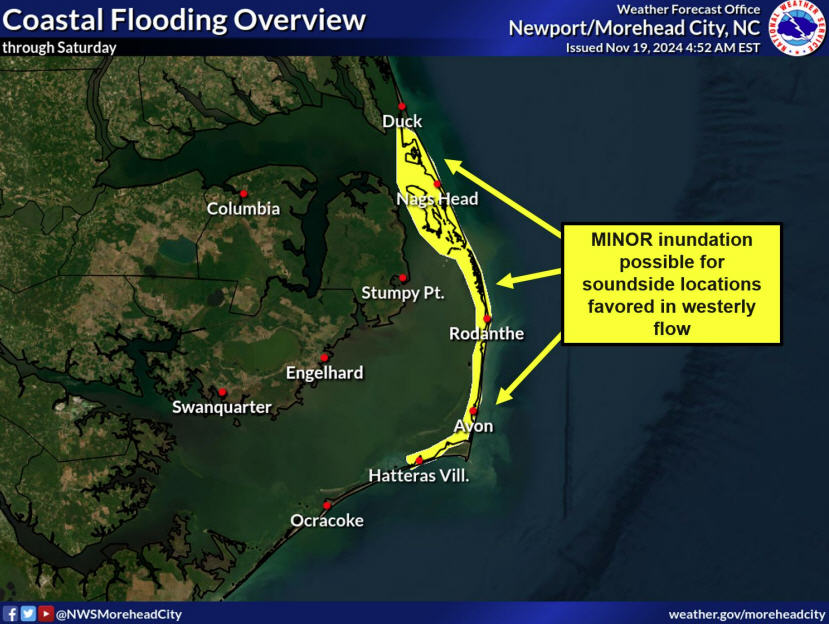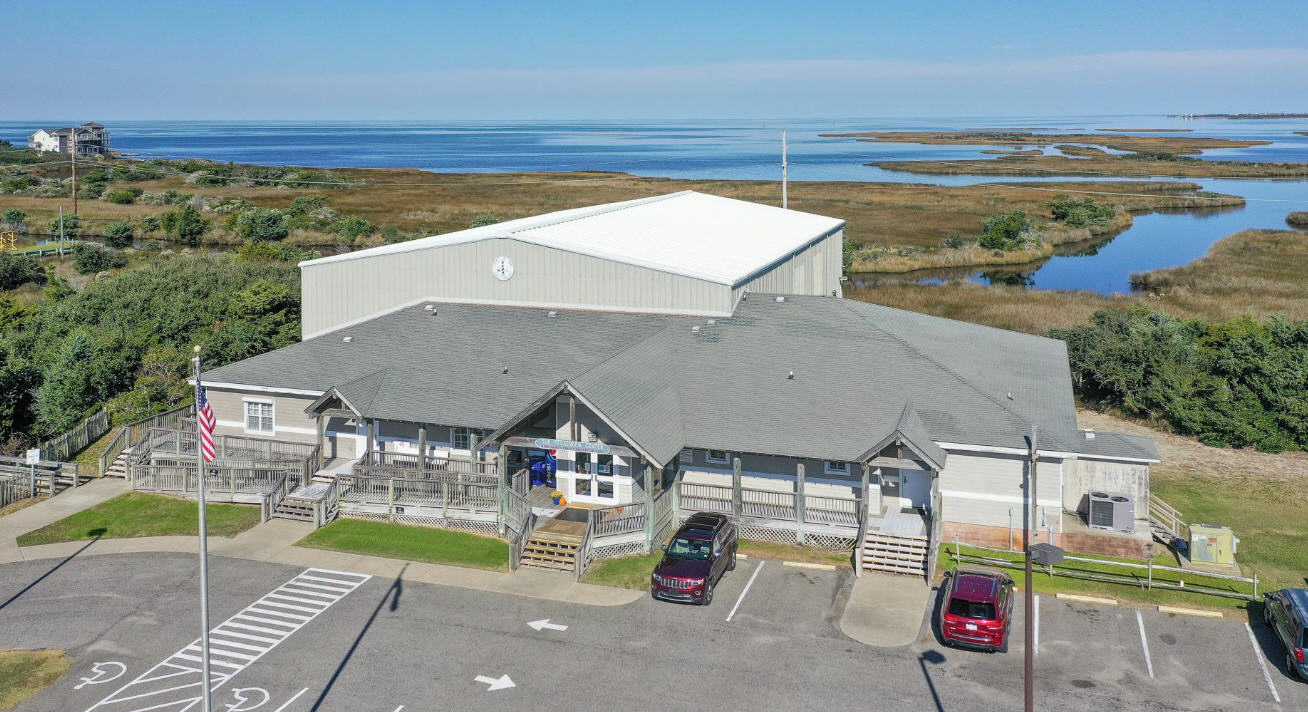Ocracoke Planning Advisory Board will tackle ‘pop-up’ businesses By B.J. OELSCHLEGEL
By B.J. OELSCHLEGEL
By B.J. OELSCHLEGEL
It was only a few years after I moved to Ocracoke that I learned that in this community, “If there isn’t any gossip, you make it up.” And we all know how fast “it” can fly once it gets started. I am here to dispel one of the more recent myths circulating around the village.
When Darlene Styron Doshier took the position of Ocracoke’s new county commissioner in November of 2010, her phone got a major workout. Two of the more pressing topics fell under the jurisdiction of The Ocracoke Planning Advisory Board for resolution. The board had been inactive for two or three years under a different commissioner and chairperson. It needed to be resurrected to tackle these hot issues.
So, a year ago this month, a group of seven members were chosen by our commissioner to do this work. Our board included Keith Parker-Lowe, Tom Pahl, Jennifer Esham, Bill Rich, Amy Johnson, me, and Kirby Van Landingham, who has since resigned.
As Ocracoke grows and develops, the change moves faster than the established guidelines and catches a lot of citizens off guard. The two subjects that we were asked to tackle had to do with the increase in the use of travel trailers as residences and the influx of what we labeled as “pop-up” businesses, for the lack of a better term.
We jumped first into the world of travel trailers. From March of 2011, when we started, to the acceptance vote by the county commissioners in December of 2011, was a 10-month period. We started by learning that the Hyde County building inspector, Jerry Hardison, was responsible for bringing this subject to Darlene’s attention.
The inspector was without any guidance from the current ordinance for the folks asking about requirements for placing a travel trailer. Health department rules still applied to trailers, but the permitting process that was used to guide renovations, additions and new construction did not have a provision for travel trailers.
The last time trailers had been addressed in the ordinance, it had to do with allowing one trailer on a property with an existing house as a relief mechanism for employers who needed to provide employee housing. Additionally, there were concerns within the community for the incongruity of trailers and stick-built houses.
The evolution of our discussions included Hardison’s research into North Carolina’s state regulations on the use of travel trailers, the bantering around of the opinions of the board members and public opinion, and ultimately the legal opinions of the county attorney. Community members, who were for and against the use of trailers, made arrangements to be on the agenda for one of our many meetings. (As an aside, we were meeting every three weeks to work on this serious question.)
The one event which propelled the discussion the furthest was the meeting that had an audience of 25-30 very interested people. I suspect that the trickle down of inaccuracies lit the fire of reaction.
After laying out the concerns for the use of travel trailers, the sometimes heated give-and-take allowed everyone to feel that he or she had been heard. The most critical outcome of this meeting was the wealth of good thinking that proved to produce a consensus among the participants.
It needs to be repeated that as our work came to an end on the trailer subject, villagers were making a point of thanking the board for the process.
We are now trying to jump-start the conversation around “pop-up” businesses. As we were wrapping up the travel trailer section of the ordinance, we outlined the concerns which were being voiced on this topic:
During one of the many reincarnations of the county’s trash programs, individual businesses were billed monthly for trash removal, and the question of the responsibility for the pop-up trash was out there.
Some of these businesses are apparently encroaching on property line set-backs.
There are safety issues with customers standing in the street or signage blocking visibility.
Are the rules and regulations enforced evenly or are these businesses overlooked?
Is this the look that Ocracoke wants?
Are these businesses violating density provisions of the building ordinance?
Do we think that the county should require a permit to place every structure?
The intention of The Ocracoke Planning Advisory Board is to open this discussion up to a town hall meeting on Thursday, April 12, at 5:30 p.m. at The Community Center. Voice your fears. Give us your thoughts and opinions. We welcome any civil input. Help us write the section, for the building ordinance that applies to this type of business.
This is your opportunity to hear the truth about what is being discussed and not what you have heard through the grapevine.
(B.J. Oelschlegel has lived on Ocracoke Island for more than 30 years and has worked in the real estate business for almost as long. She is a broker with Ocracoke’s Lightship Realty and a real estate columnist for The Ocracoke Observer. You can reach her by e-mail at bj@ocracokelightshiprealty.com)
Subject
Name
(required, will not be published)
(required, will not be published)
City :
State :
Your Comments:
May be posted on the Letters to the Editor page at the discretion of the editor.
May be posted on the Letters to the Editor page at the discretion of the editor.
May be posted on the Letters to the Editor page at the discretion of the editor.
May be posted on the Letters to the Editor page at the discretion of the editor.












